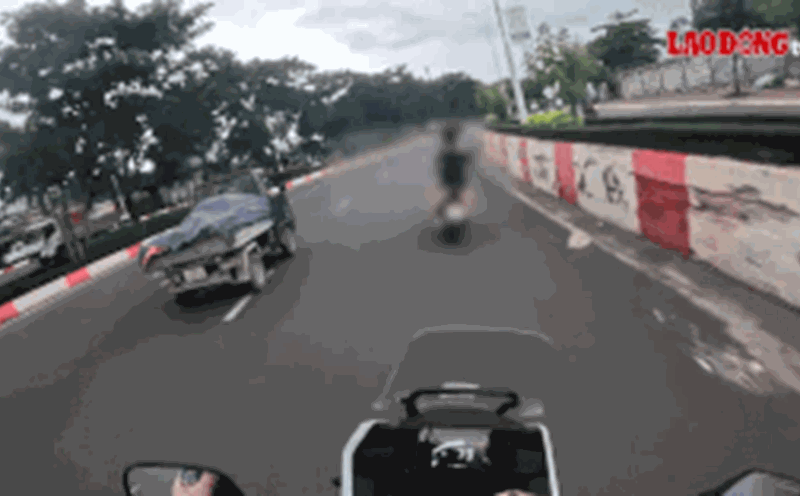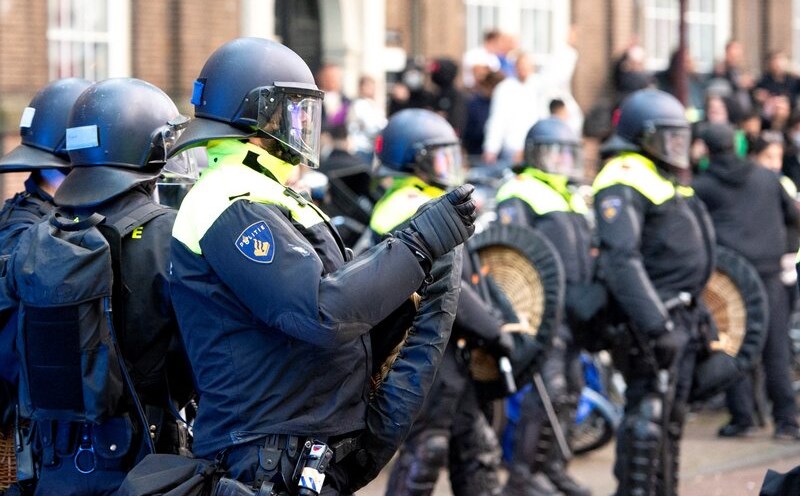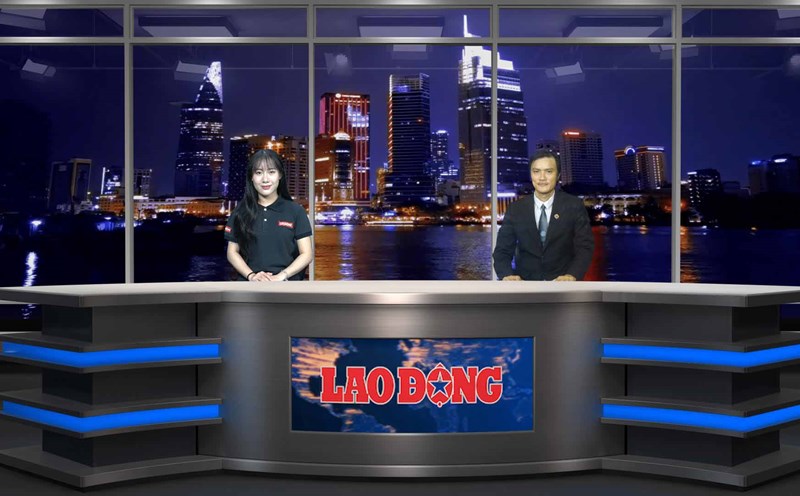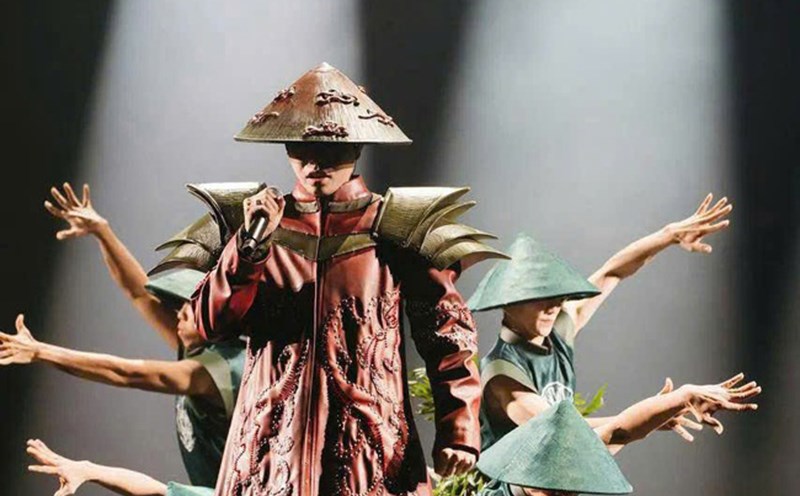26 years of being with his father
In 1999, Mr. Quan started raising his father in Taiwan (China) with 2,000 breeding animals but encountered many difficulties. The loss rate is up to 25% due to not being fluent in techniques, plus the consumption market is still limited.
"The first generation of farming lost about 500 pigs due to illness. At that time, commercial farming was quite profitable because it was not popular and favored in the market, Mr. Quan recalled.
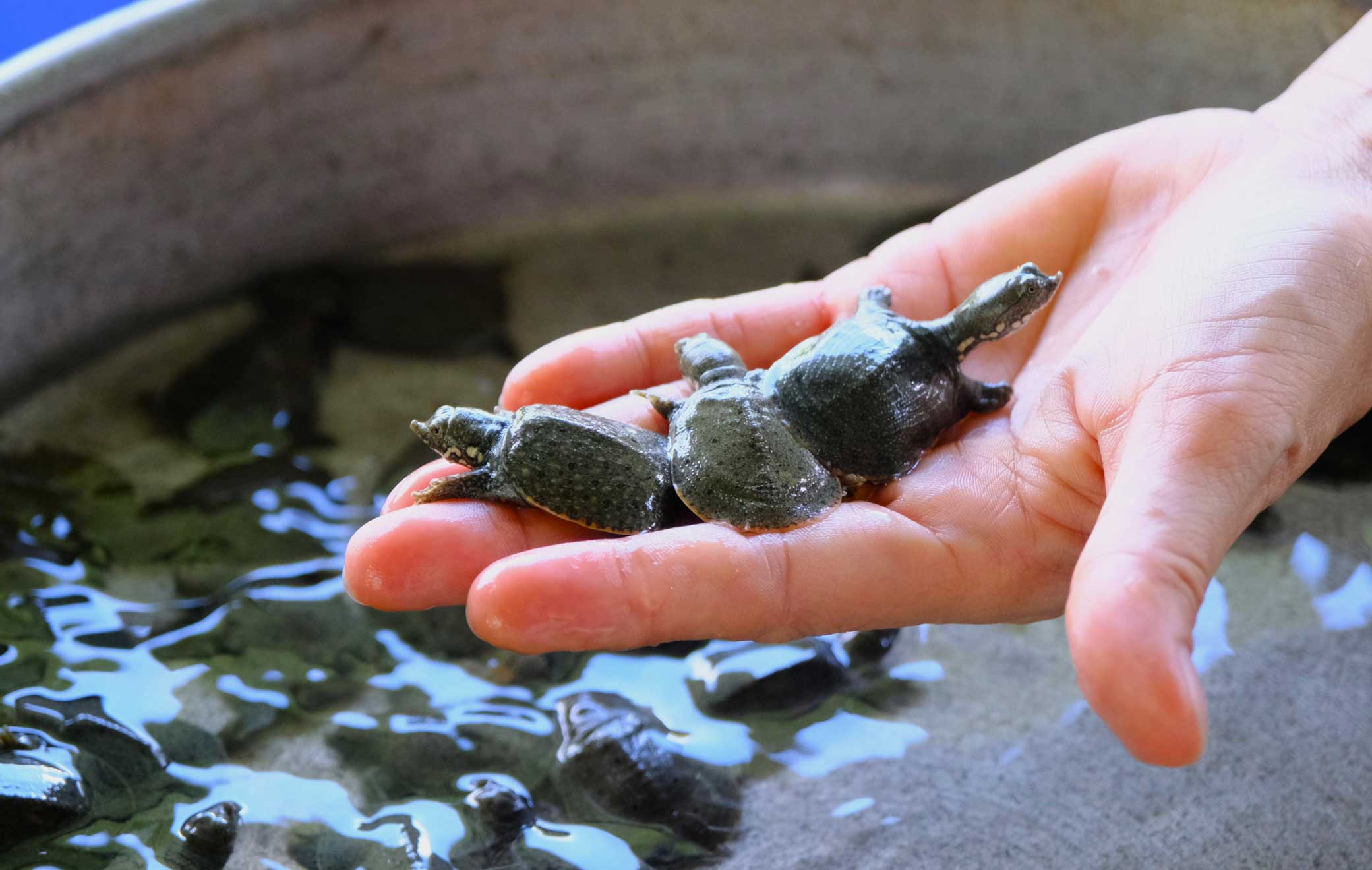
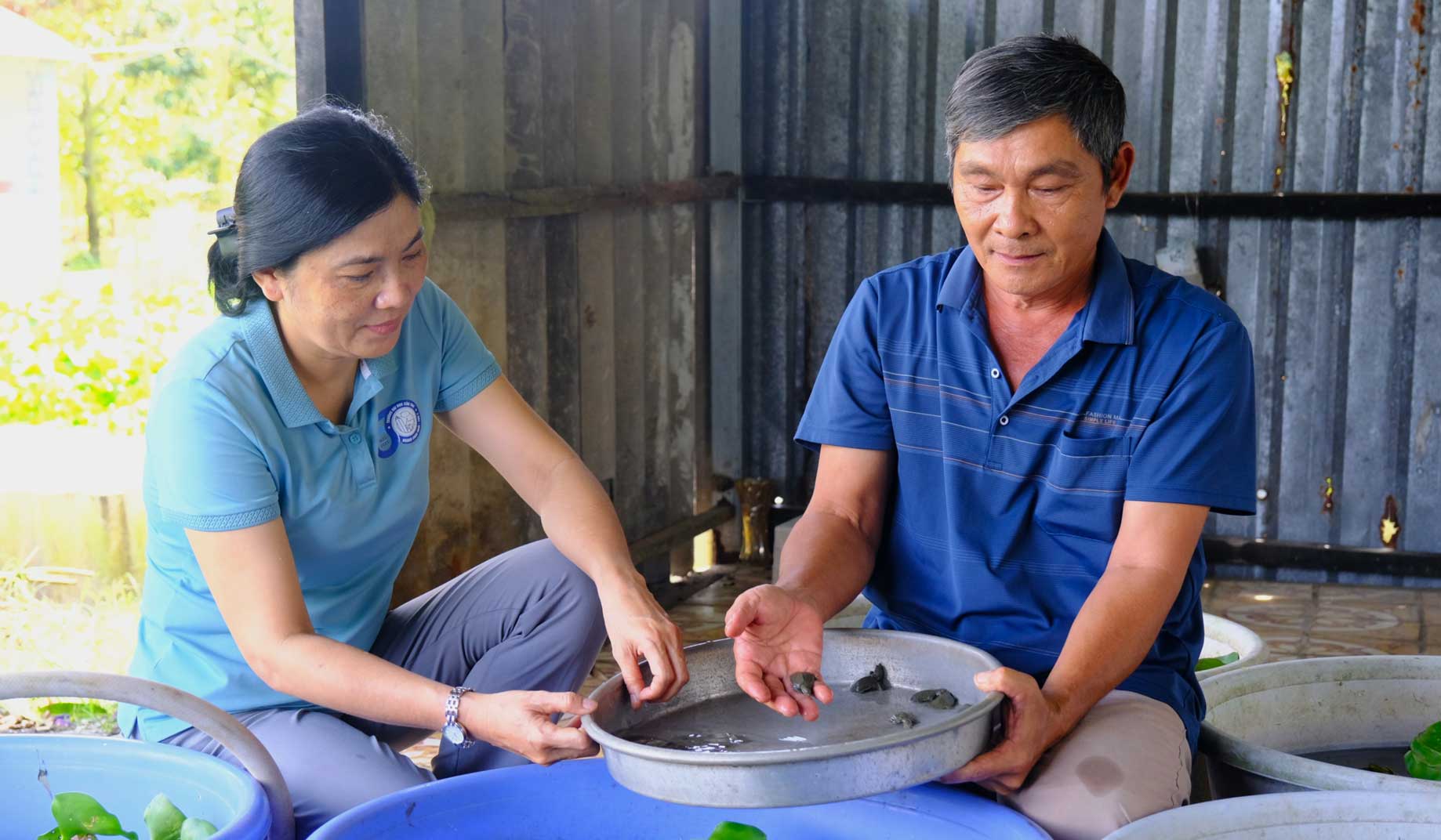
However, with perseverance and a spirit of learning, he researched and mastered the technique himself. In 2005, when the market was more vibrant and stable, this old farmer began to expand his scale. Currently, his farm has 16 ponds with a total water surface area of up to 12,000m2.
One of the secret to success shared by Mr. Quan is to focus on quality. The food for your father must always be fresh, otherwise it is easy to cause intestinal diseases. He used snails, river fish and fresh sea fish imported from the port. In addition, the pond was specially built with four concrete surfaces and a fence of corrugated iron on top to avoid loss.
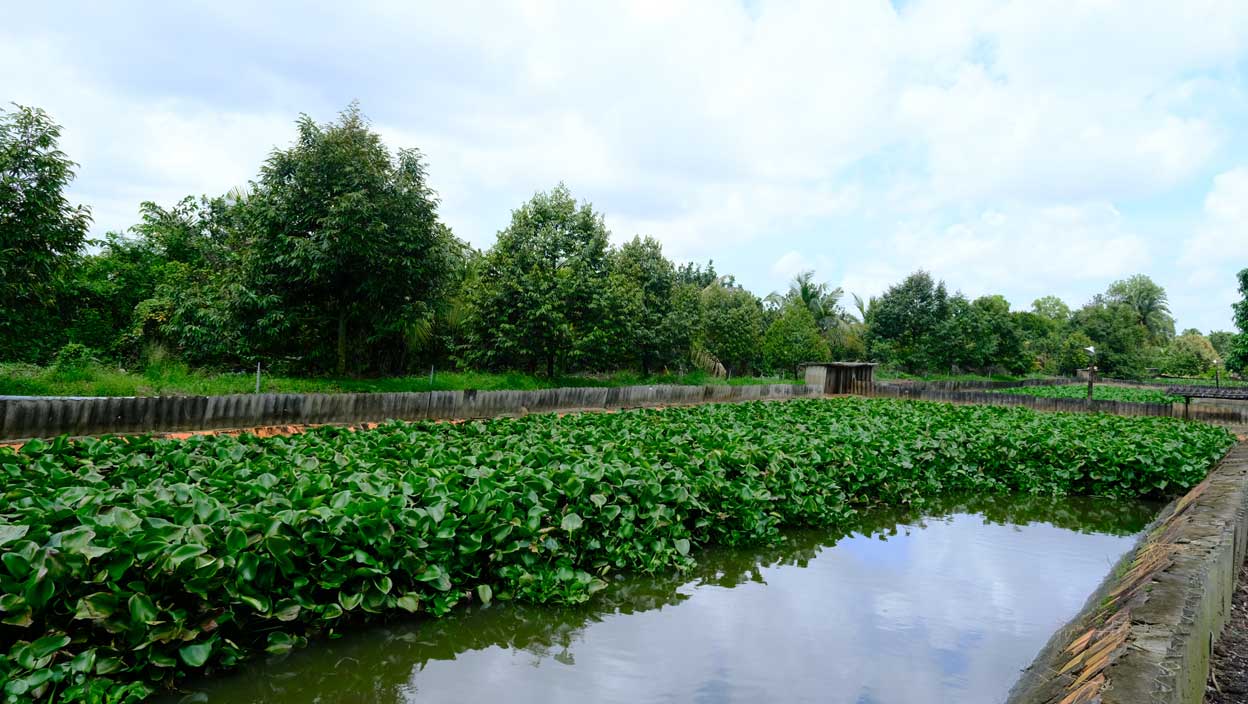
From the experience gained, the loss rate in Mr. Quan's farm is currently only 3 - 5%. Each year, he sells about 8 tons of three-thirds of the products, divided into 2 batches. With selling prices ranging from 170,000 - 180,000 VND/kg (tipe 0.5 - 1.5 kg/child) and 270,000 - 280,000 VND/kg (tipe 1, weight 1.5 kg/child or more), the profit from raising three children has brought Mr. Quan a stable source of income.
This old farmer also raises three to three breeds and sells eggs, with an annual consumption of 180,000 - 200,000 eggs. Depending on market price, Mr. Quan's total income from raising his father and father could reach more than 1 billion VND/year.
closed- loop model
Mr. Quan's major turning point in production was marked when he began applying the circular production model. He took advantage of the wastewater from the papaya pond to supply a 1-hectare rice field. Thanks to that, production costs are significantly reduced. Mr. Quan estimated that he himself only invested about 1,000 VND/kg of rice (mainly for seeding and renting cutting machines), a decrease of 3,000 - 3,500 VND compared to traditional farming.
A few years later, realizing the potential of durian, he planted more on the pond to raise three to take advantage of the vacant area. His durian production cost is only about 5,000 VND/kg, much lower than the old method (20,000 VND/kg).
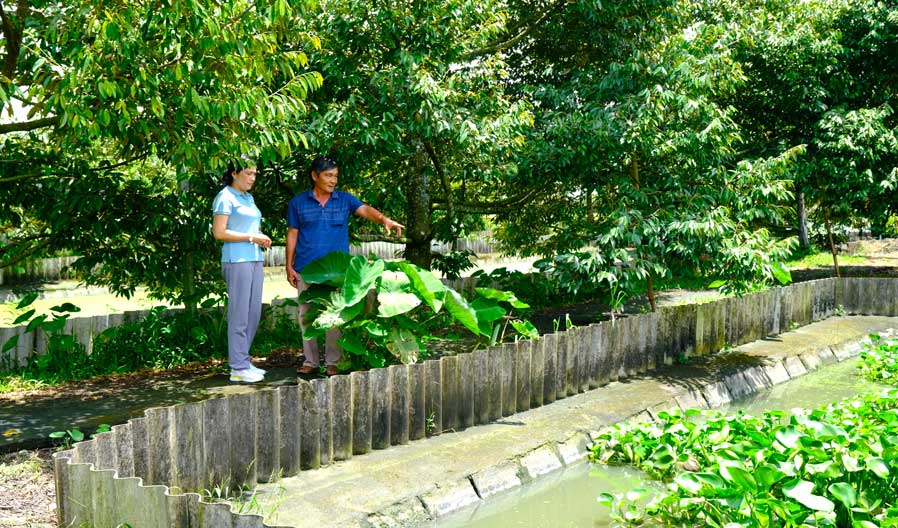
Mr. Quan noted that the water and sludge from raising the father and father is very good, but mushrooms need to be treated before fertilizing the durian, because the protein content is very high. On the contrary, the use of biological drugs in durian care must also be cautious so as not to affect the father and father and the living environment.
To get high in revenue, I had to explore. For current agricultural production, in addition to expecting good selling prices, we must know how to reduce input production costs in parallel with increasing productivity. And the way I apply it is circular production for sustainable efficiency. If any farmers have a need and want to learn, I am willing to share my experience," Mr. Quan affirmed.
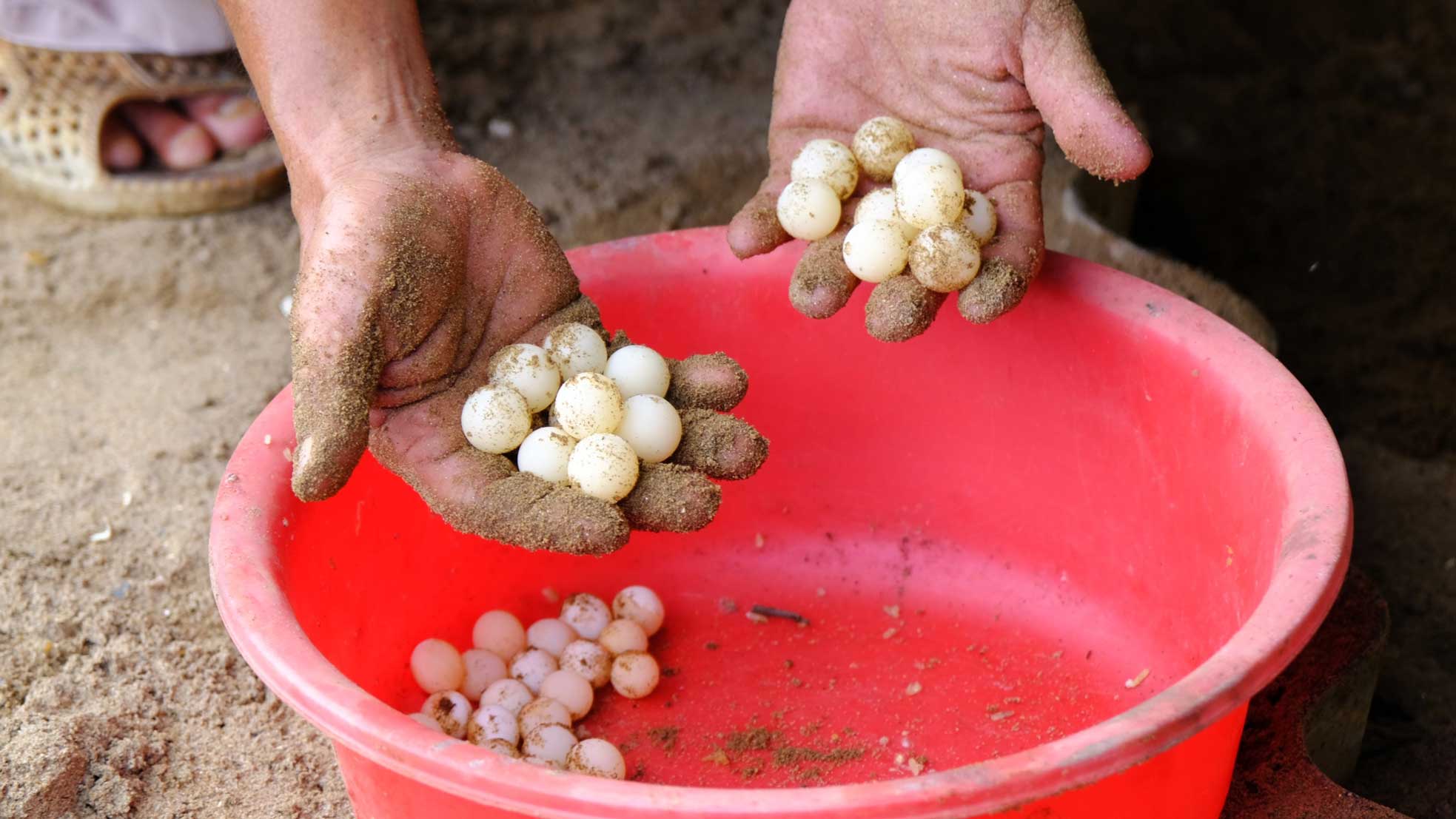
With his successes in production and business, Mr. Tran Hong Quan has received many certificates of merit from the People's Committee of Hau Giang province (old) and most recently, he was honored to be voted by the Vietnam Farmers' Association to honor him as an outstanding Vietnamese Farmer in 2025.



